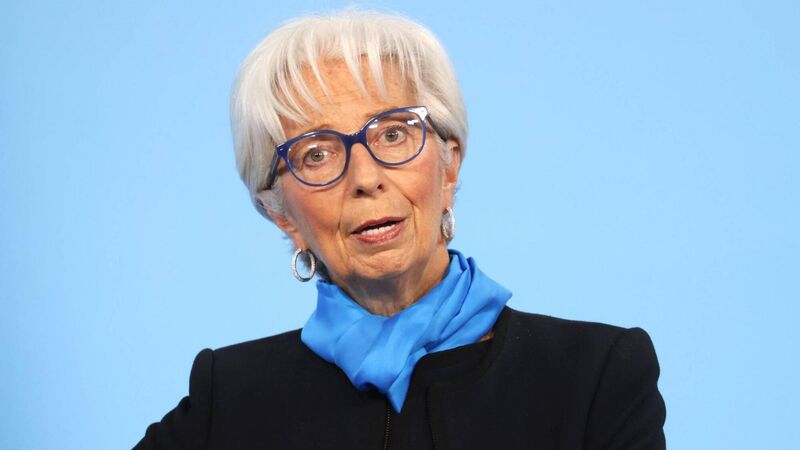Lagarde leads chorus warning inflation must be anchored

ECB president Christine Lagarde: 'Given this exceptional uncertainty, what we central bankers have to do is actually deliver monetary policy that anchors expectations so those expectations remain moored to target.' Picture: Alex Kraus/Bloomberg
European Central Bank president Christine Lagarde said inflation expectations need to remain anchored and the public needs to know price gains will be brought back to target.
“Given this exceptional uncertainty, what we central bankers have to do is actually deliver monetary policy that anchors expectations so those expectations remain moored to target,” she said in Bangkok on Friday.














